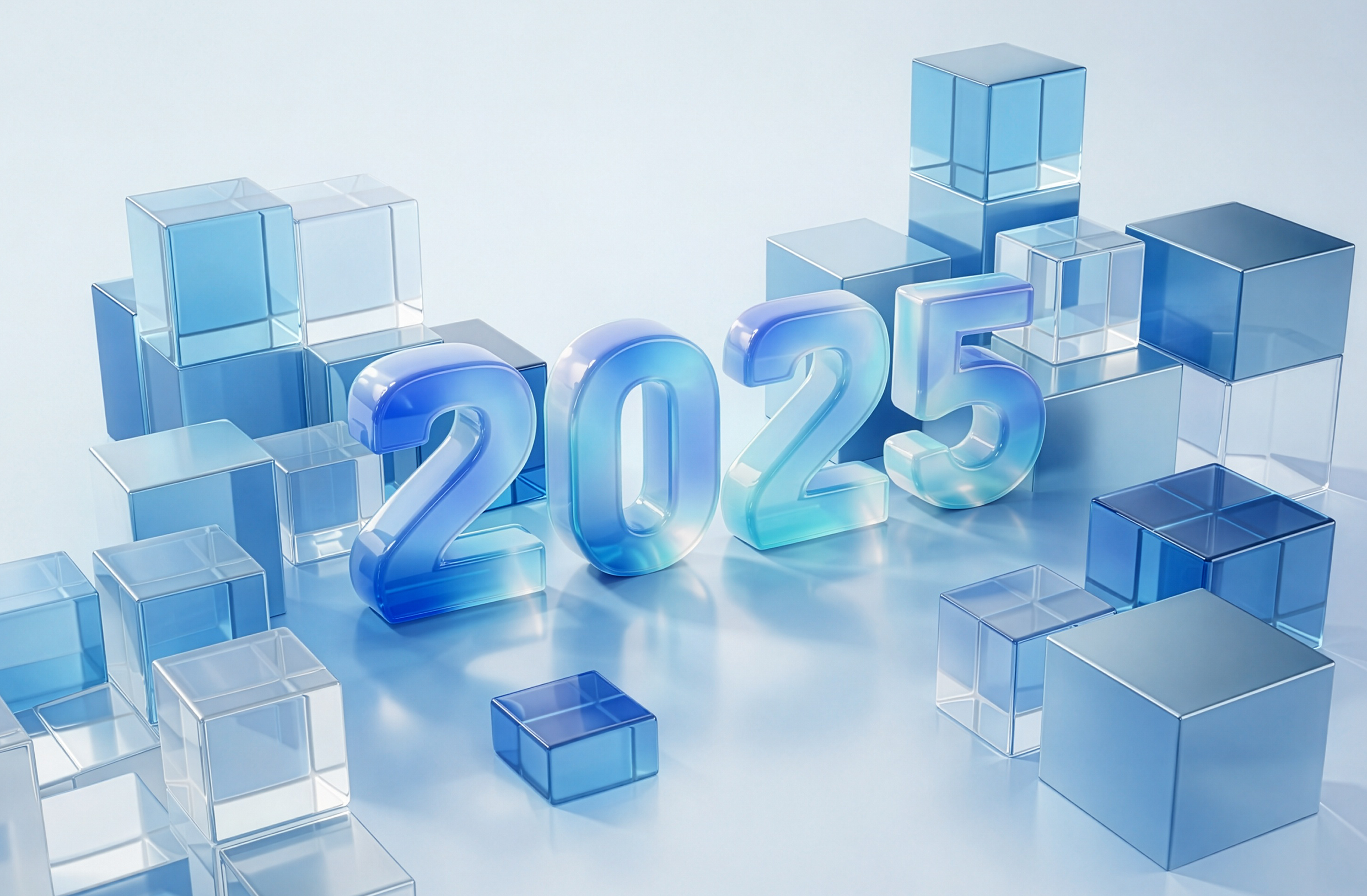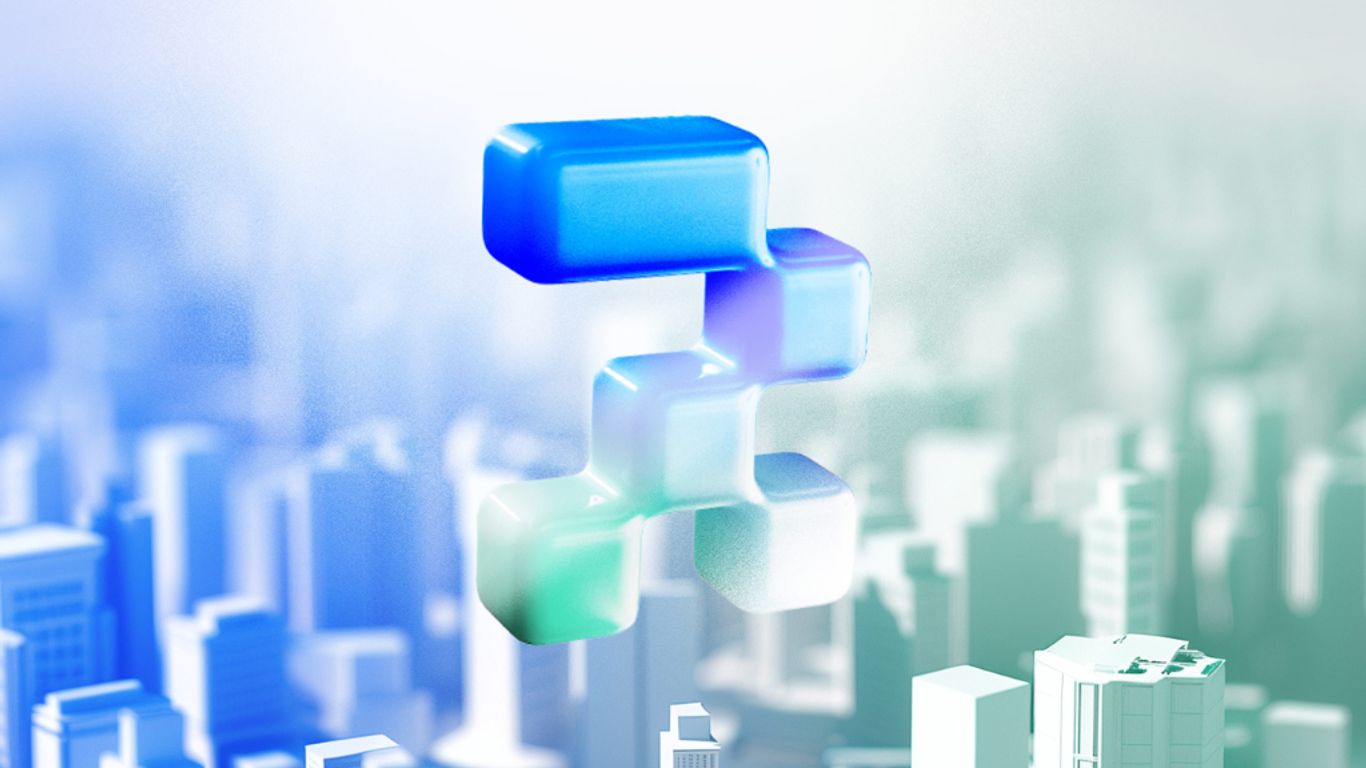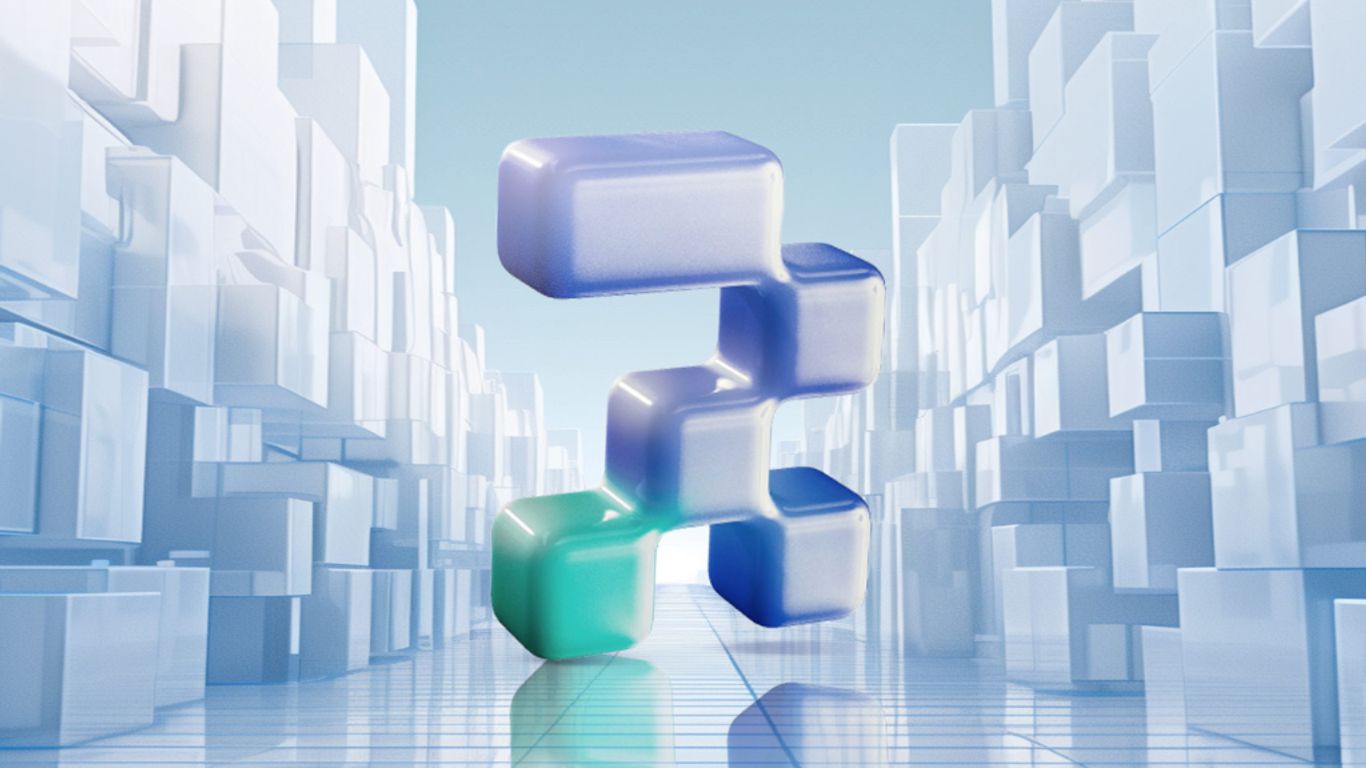Tokenization is shaking things up in agriculture. It's like turning farms and crops into digital currency, offering a new way for farmers and investors to connect. This change is making agriculture more accessible and efficient, helping farmers get the funding they need while giving investors a chance to support sustainable practices. It's a big shift, but it's opening up a world of possibilities for the future of farming.
Key Takeaways
- Tokenization makes agriculture more accessible for small investors by allowing fractional ownership of farmland and crops.
- Digital tokens can represent agricultural assets, providing liquidity and easier trading opportunities for investors.
- Farmers can directly connect with global markets, ensuring fair pricing for their products through tokenization.
- Blockchain technology ensures transparency in agricultural transactions, building trust among consumers and investors.
- The future of tokenized agriculture promises sustainable and tech-driven farming practices, making it appealing to new investors.
The Role of Tokenization in Agricultural Investment
Enhancing Accessibility for Small Investors
Imagine being able to invest in a farm without needing to buy the whole thing. That’s what tokenization does. It turns big, expensive assets into smaller, more affordable digital pieces. This means more people can get involved in agricultural investments without breaking the bank. Tokenization is like slicing a big pie into smaller pieces so everyone can have a taste. It’s opening up the world of agriculture to folks who never thought they could be part of it.
Fractional Ownership Opportunities
Before tokenization, owning a part of a farm or crop was a distant dream for many. Now, it’s possible. You can own a fraction of a farm, just like owning a share in a company. This fractional ownership means you don’t have to be a millionaire to invest in agriculture. You can start small, with just a piece of a farm, and grow your investment over time.
Connecting Farmers with Global Markets
Farmers have always wanted to reach more buyers, and tokenization is making that happen. By turning their crops and land into digital tokens, farmers can connect directly with global markets. This digital link means a farmer in one country can sell to a buyer in another, without any middlemen. It’s like having a passport for their produce, opening doors to international trade and better prices.
Tokenization is not just about technology; it's about making agriculture more inclusive and accessible. It’s turning the traditional ways of farming and investing on their head, creating new opportunities for everyone involved.
Transforming Agricultural Commodities Through Tokenization
Tokenizing Crops for Liquidity
Imagine being able to trade shares of a wheat field just like stocks. That's the essence of tokenizing crops. By turning agricultural products into digital tokens, farmers can sell portions of their harvests before they're even grown. This brings liquidity to an otherwise rigid market. Farmers get early access to funds, which can be crucial for buying seeds or equipment. Investors, on the other hand, gain a new asset class to diversify their portfolios. It's a win-win situation.
Case Studies of Successful Tokenization
Let's talk about some real-world examples. In Honduras, grains are being tokenized on a blockchain platform, ensuring transparent supply chains and fair pricing. Zambia has jumped on the bandwagon too, with farmland tokenization, allowing investors to support local agriculture by purchasing digital tokens representing land. These initiatives not only provide farmers with much-needed capital but also connect them with global markets.
Impact on Pricing and Market Access
Tokenization isn't just about making money flow easier; it changes how prices are set. With a transparent and accessible market, prices become fairer and more predictable. Farmers can directly interact with buyers worldwide, bypassing traditional middlemen who often take a hefty cut. This can lead to better prices for farmers and more competitive options for buyers. Plus, it opens up markets to smaller farmers who might otherwise struggle to get their products noticed on the global stage.
Tokenization is reshaping agriculture by making markets more accessible and prices fairer, empowering farmers and offering new opportunities for investment.
Technological Innovations Driving Agricultural Tokenization
Blockchain as a Foundation
Blockchain technology is the backbone of tokenization in agriculture. It provides a secure and transparent way to record transactions and ownership. By using blockchain, every step in the agricultural supply chain can be tracked and verified, ensuring that all data is accurate and tamper-proof. This transparency builds trust among investors and consumers, making it easier for farmers to access global markets. Moreover, blockchain's decentralized nature reduces the need for intermediaries, which can lower costs and increase efficiency across the board.
Smart Contracts in Agriculture
Smart contracts automate and streamline agricultural operations. These self-executing contracts, coded on the blockchain, automatically enforce the terms of an agreement when predefined conditions are met. For instance, a smart contract could trigger payment to a farmer once a shipment of crops is delivered and verified. This reduces the risk of human error and delays, ensuring that all parties are held accountable. Smart contracts can also help manage agricultural insurance, subsidies, and loans, making these processes more efficient and transparent.
Integration with IoT and AI
The integration of the Internet of Things (IoT) and Artificial Intelligence (AI) with blockchain is transforming agricultural tokenization. IoT devices can collect real-time data from fields, such as soil moisture levels, weather conditions, and crop health. This data can be fed into AI algorithms to predict yields, optimize resource use, and improve decision-making. When combined with blockchain, this creates a powerful tool for precision farming, allowing farmers to maximize productivity and sustainability. Moreover, the Fruittex Agricultural Tokenization Platform is an example of how these technologies can enhance agricultural finance and ownership through tokenization.
Challenges in the Tokenization of Agricultural Assets
Regulatory and Compliance Issues
Tokenizing agricultural assets isn't all sunshine and rainbows. The regulatory landscape is a real maze. Different countries have their own rules about digital assets, and keeping up with them is tough. You have to worry about KYC (Know Your Customer) and AML (Anti-Money Laundering) laws, which are necessary but can be a pain. This regulatory mess can scare off potential investors who are worried about getting into legal hot water.
Market Acceptance and Trust
Getting people to trust tokenized assets is another hurdle. Many folks are still scratching their heads about what tokenization even is. There's a lot of skepticism, and not everyone is ready to dive into this new way of doing things. For tokenization to really take off, it needs to win over the skeptics and show that it's not just a passing fad.
Technological Barriers to Entry
The tech side of things isn't a walk in the park either. Setting up a blockchain platform requires some serious know-how and resources. Not every farmer or small business has the means to get on board with this tech. Plus, there are issues like scalability and security that need to be ironed out. If the tech isn't up to snuff, it could throw a wrench in the whole tokenization process.
Navigating these challenges is crucial for the widespread adoption of agricultural tokenization. Overcoming them could open up a world of opportunities for farmers and investors alike, making the agricultural market more inclusive and dynamic.
The Future of Tokenized Agricultural Land
Emerging Trends in Land Tokenization
Tokenization is shaking up how we think about owning land. It's making it possible for more people to invest in farmland without needing a fortune. With tech like AI and IoT, tokenized farming is becoming more efficient and accessible. We're seeing a push towards tokenizing organic and sustainable farms, which is super appealing to eco-friendly investors. Plus, the global nature of blockchain means you can invest in farmland across borders, opening up a world of possibilities.
Potential for Sustainable Farming
Tokenization isn’t just about investment; it’s a game-changer for sustainable farming. By making it easier for people to invest in eco-friendly farms, tokenization can help fund projects that prioritize the environment. This could lead to better farming techniques and higher yields, all while being kind to the planet. Imagine a system where consumers are directly linked with the farmers, ensuring transparency and fair trade practices.
Global Investment Opportunities
The world of tokenized farmland is vast and full of potential. As more investors look beyond traditional markets, tokenized land offers a new frontier. It allows for investment in regions that were previously hard to access, potentially bringing much-needed funding to underdeveloped areas. This global approach not only diversifies portfolios but also supports local economies, creating a win-win for investors and communities alike.
Tokenization of agricultural land is not just a trend; it’s a revolutionary way to think about land ownership and investment. As this technology evolves, it promises a more inclusive and sustainable future for agriculture.
Benefits of Tokenization for Farmers
Increased Liquidity of Assets
Tokenization is like giving farmers a digital superpower. By turning their physical assets into digital tokens, farmers can unlock the value of their land, equipment, or future crops. This means they can easily sell or trade these tokens without the usual hassle. It's like having a 24/7 market where your farm's worth is always accessible. This increased liquidity can provide farmers with the cash flow they need to invest in better seeds, equipment, or even expand their operations.
Access to Fair Pricing
Tokenization helps farmers get better prices for their products. By connecting directly with buyers through digital platforms, farmers can avoid middlemen who often take a big cut. This means more money in the farmer's pocket. Plus, with everything recorded on the blockchain, there’s transparency in pricing, ensuring everyone gets a fair deal. Farmers can now sell their produce at prices that reflect its true value, not what someone else dictates.
Empowering Small-Scale Producers
For small farmers, tokenization is a game-changer. It levels the playing field, allowing them to compete with larger producers. By tokenizing their assets, small-scale farmers can attract investments from all over the world. They can also participate in global markets without the usual barriers. This empowerment means they can grow their businesses and improve their livelihoods.
Tokenization isn't just about technology; it's about giving farmers the tools they need to thrive in a digital world. With these new opportunities, even the smallest farms can make a big impact.
Tokenization and Environmental Sustainability
Promoting Eco-Friendly Practices
Tokenization is shaking up how farmers and businesses approach sustainability. By turning eco-friendly practices into tradable assets, farmers can now earn from their efforts to go green. This means that sustainable farming is not just a good deed but a profitable venture. Tokenization makes sustainability a marketable asset, rewarding those who adopt eco-friendly practices.
Transparency in Supply Chains
Blockchain technology, which underpins tokenization, is a game-changer for transparency. Every step in the supply chain can be tracked and verified, ensuring that claims about ethical sourcing and environmental impact are legitimate. This level of transparency is crucial for building trust with consumers who are increasingly demanding proof of sustainability.
Consumer Trust and Ethical Sourcing
Consumers today are more conscious about where their products come from. Tokenization helps by providing a clear and verifiable record of a product’s journey from farm to table. This transparency not only builds trust but also encourages ethical sourcing, as companies are held accountable for their environmental and social practices.
Imagine a world where every product you buy comes with a guarantee of its ethical and sustainable origins. Tokenization is paving the way for this future, making it easier for consumers to make informed choices and support responsible businesses.
In summary, tokenization is not just about financial gains; it’s a powerful tool for promoting sustainability and transparency. By turning sustainable practices into valuable assets, it encourages businesses and farmers to adopt eco-friendly methods, ultimately leading to a more sustainable and transparent global economy.
The Global Landscape of Agricultural Tokenization
Regional Case Studies
Tokenization is making waves globally, with different regions adopting it uniquely based on their needs and resources. In Africa, for instance, blockchain and tokenization projects empower farmers by providing access to revenue, investments, and loans. This shift is crucial for improving livelihoods and boosting local economies. Meanwhile, in Latin America, countries like Honduras are leveraging tokenization to ensure transparent supply chains for commodities like grains, ensuring fair pricing and secure transactions. Over in Asia, India is exploring tokenized platforms to enhance agricultural efficiency, providing farmers with direct access to markets and reducing dependency on middlemen.
Cross-Border Investment Opportunities
Tokenization opens doors to cross-border investments, allowing investors from anywhere in the world to invest in agricultural assets. This global reach means more capital for farmers and agricultural projects, fostering innovation and growth. Investors can now diversify their portfolios with agricultural assets from different regions, reducing risk and increasing potential returns. This connectivity not only benefits investors but also empowers farmers to tap into a global market, ensuring they receive fair compensation for their produce.
Collaborative Platforms for Farmers and Investors
Collaborative platforms are emerging as a vital component in the tokenization landscape. These platforms connect farmers directly with investors, facilitating a transparent and efficient exchange. Farmers can showcase their projects, set terms, and receive funding without the traditional barriers of entry. For investors, these platforms offer a curated selection of projects, complete with detailed information and risk assessments, making agricultural investment more accessible and attractive. As these platforms evolve, they promise to reshape the agricultural sector, making it more inclusive and dynamic.
Conclusion
Tokenization is shaking up the agricultural world, and it's just getting started. By turning farms and crops into digital tokens, we're opening up a whole new way for people to invest in agriculture. This isn't just about making money; it's about making farming more fair and accessible. Farmers can get the funding they need, and investors can get a piece of the action without needing a ton of cash upfront. Sure, there are challenges, like figuring out the rules and making sure everything's secure, but the potential benefits are huge. As we move forward, tokenization could really change how we think about farming, making it more sustainable and connected to the global market. It's an exciting time for agriculture, and tokenization might just be the key to a more inclusive and efficient future.
Frequently Asked Questions
What is tokenization in agriculture?
Tokenization in agriculture means turning farm assets like land and crops into digital tokens. These tokens can be bought, sold, or traded, making it easier for people to invest in farming.
How does tokenization help small farmers?
Tokenization helps small farmers by connecting them with global markets and investors. It allows them to sell parts of their land or crop yields, providing more financial opportunities.
Why is blockchain important for tokenization?
Blockchain is important because it keeps records secure and transparent. It helps everyone trust the system by showing clear ownership and transaction history.
Can anyone invest in tokenized agricultural assets?
Yes, anyone can invest in tokenized agricultural assets. By buying digital tokens, investors can own a part of a farm or crop, even if they don't have a lot of money.
What are the benefits of tokenizing agricultural commodities?
Tokenizing agricultural commodities increases market access and liquidity. It allows products like grains and fruits to be traded more easily and fairly.
Are there risks in tokenizing agricultural assets?
Yes, there are risks like regulatory challenges and market volatility. It's important for investors and farmers to understand these risks before participating.
How does tokenization promote sustainability in farming?
Tokenization promotes sustainability by rewarding eco-friendly practices. Farmers can earn more by proving their products are grown sustainably, attracting conscious consumers.
What future trends are expected in agricultural tokenization?
Future trends include more integration with technology like AI and IoT, cross-border investments, and increased focus on sustainable farming practices.




